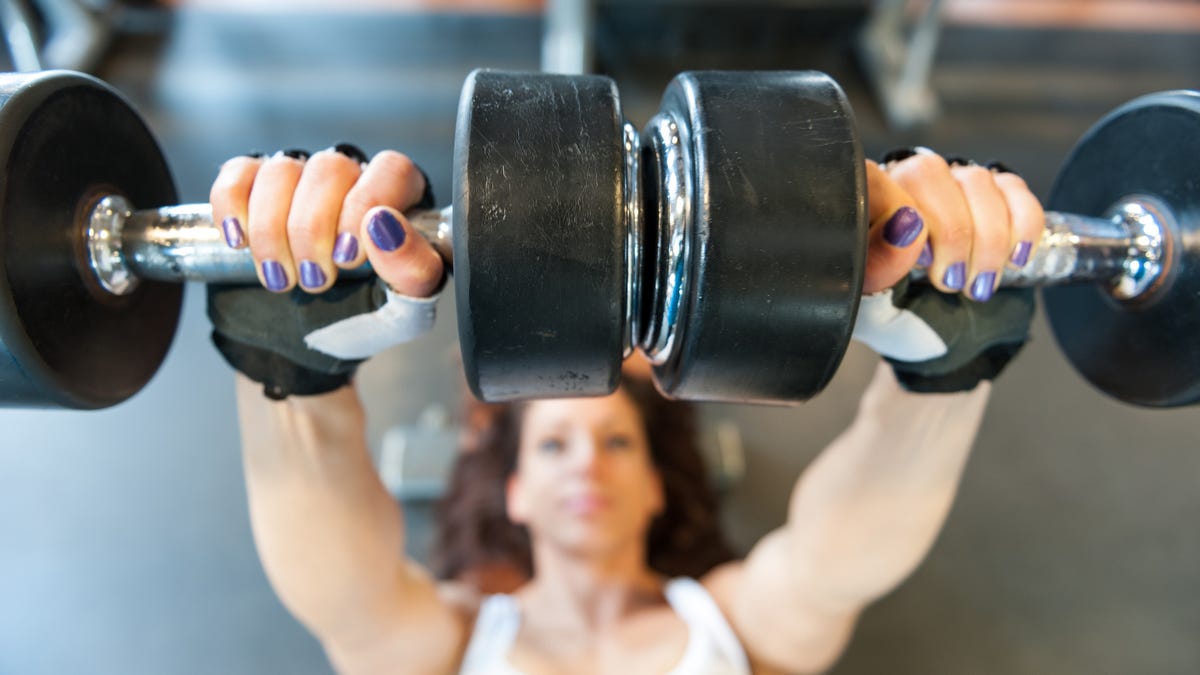It is not that you said it was easy. You didn’t say this directly. But take it from me, this is a hugely sensitive topic for many people. Even saying “if I can do it, anyone can do it” (an innocent phrase I personally have used many times), can be heard or interpreted as “you aren’t doing it because you are (insert judgement)”. This is doubly so if you are a rare success at resetting your body weight. This may seem unfair (“I didn’t say that”), but even so, experience has taught me it is true.
I have often worked 12 or 16 hour emergency shifts where I was hugely busy, stuck in the department, and ate my infrequent meals quickly. I remember one time a family thanked me for helping them, then the paterfamilias offered to buy me an ice cream blizzard. This would have been awesome!
I thanked the man for his gracious offer, saying I would like whatever small size one. His expression suddenly changed. The broad smile was quickly replaced by a dark look. He had clearly taken this response as a judgement on his weight or lifestyle, and needless to say, no blizzard arrived. There are many stories of people who gave up on their doctor because they simply mentioned their weight or brilliantly suggested they eat less and exercise more. It can be a very, very touchy issue, especially when there may be valid medical reasons to broach the subject.


